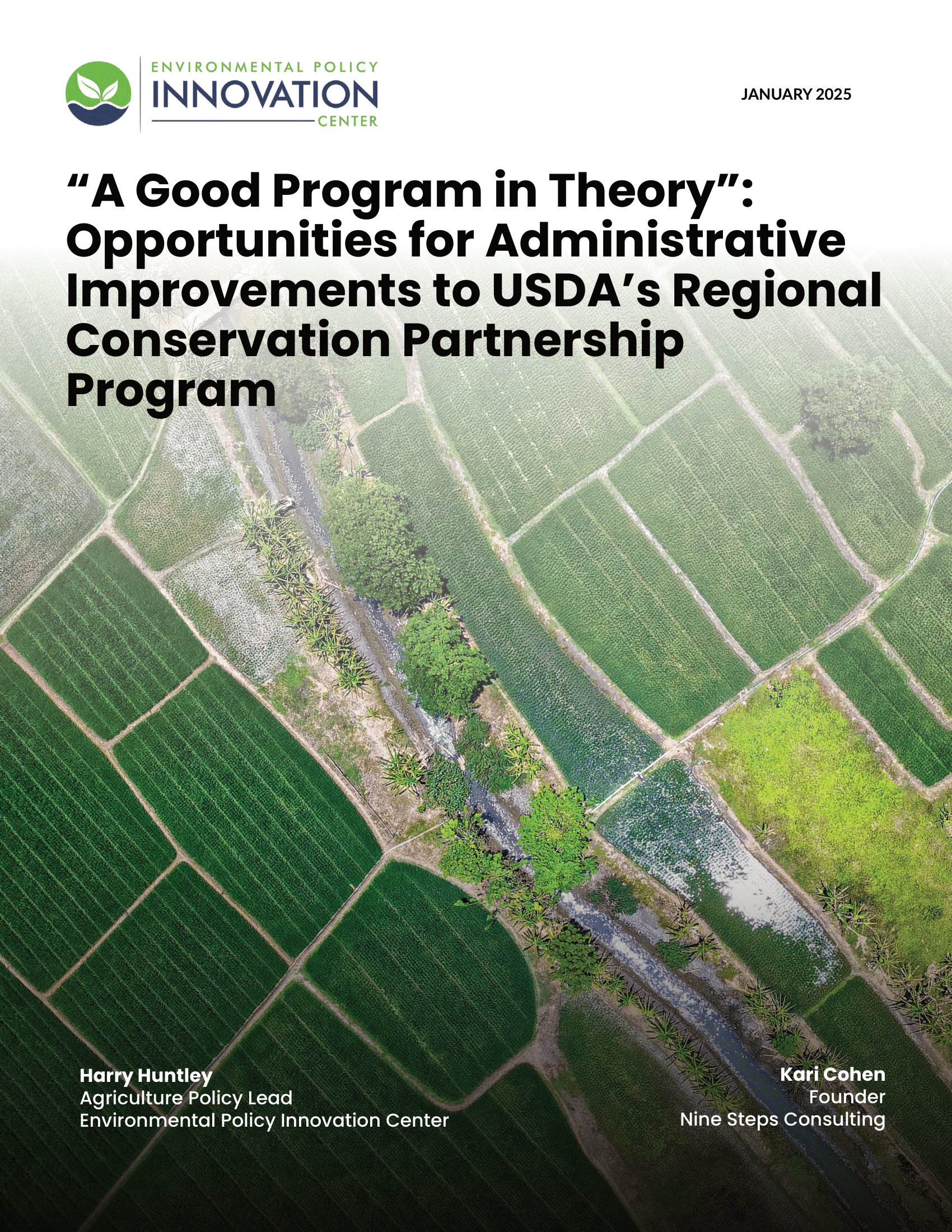Earlier this year, Gabe Watson and EmmaLi Tsai participated in a workshop hosted by Defenders of Wildlife to help researchers create better maps at the intersection of environmental justice and conservation. Decisions from the workshop resulted in this user guide & website, which walks users through a more collaborate and inclusive approach to conservation that considers biodiversity, climate change, and environmental justice. To put the framework and shared principles into practice, the guide also features a case study using the National Wildlife Refuge System to show where future land acquisition should be prioritized.
At the Environmental Policy Innovation Center (EPIC), our goal is to advance ecological restoration at scale, yet permitting costs consume up to ⅓ of project budgets. We need money to go to nature, not paperwork. Over the past two years, EPIC has quantitatively and qualitatively analyzed policies and processes related to restoration project permitting. Here we provide a case study of adoption of e-permitting technology that ameliorated many permitting bottlenecks.
Tim Male, Executive Director of EPIC, co-wrote an article in Ecosystem Marketplace with Mariana Sarmiento and Charles Bedford on how to close the biodiversity finance gap.
How could Maryland legislators build a sandbox for nature to accelerate restoration?
The US Department of Agriculture has contracted at least seven RCPP projects that used performance-based payments to buy environmental outcomes. This report profiles their challenges and successes.

“A Good Program in Theory”: Opportunities for Administrative Improvements to USDA’s Regional Conservation Partnership Program

Case Studies of Performance-based RCPP Projects
The US Department of Agriculture has contracted at least seven RCPP projects that used performance-based payments to buy environmental outcomes. This report profiles their challenges and successes.

Challenges to Scaling RCPP: A review of the Regional Conservation Partnership Program's 2023 notice of funding opportunity

Increasing the efficiency of land transactions

EPIC 2023 Farm Bill Concepts
EPIC’s concepts to dramatically increase the pace and scale of conservation in the 2023 Farm Bill

NASDA Action Item Encouraging a Clean Water Outcomes Matching Program
Action item approved by NASDA encouraging a Clean Water Outcome Matching Program in the next Farm Bill

